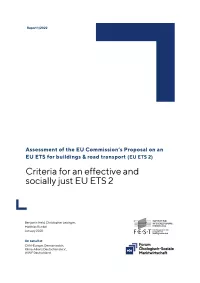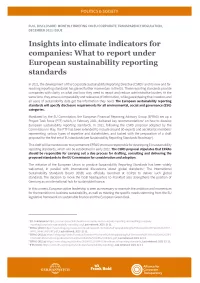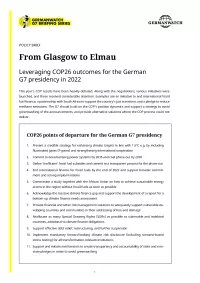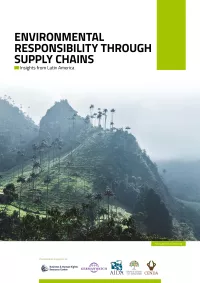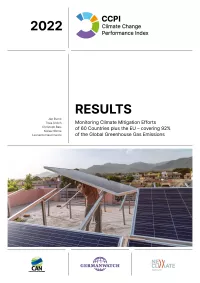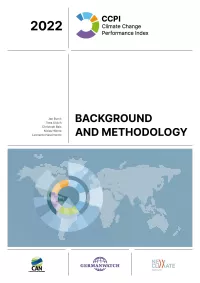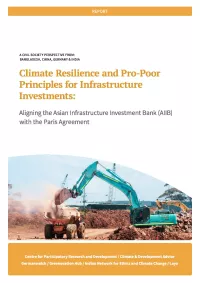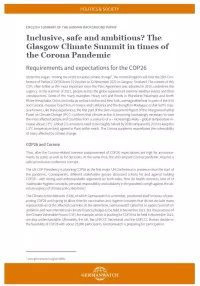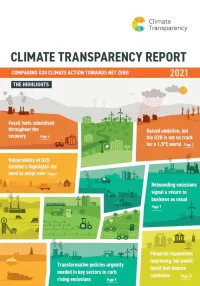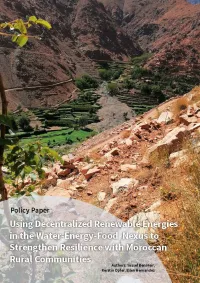Aktuelles (EntscheidungsträgerInnen)
In the context of several European legislative processes on supply chains this study emphasizes the importance of binding legislation for companies to comply with environmental aspects in addition to human rights along their supply chains.
The Climate Change Performance Index compares 60 countries and the EU in the areas of Greenhouse Gas Emissions, Renewable Energies, Energy Use and Climate Policy, thus providing a comprehensive overview of the current efforts and progress of the countries analysed. Besides, it measures how well countries are on track to meet the global goals of the Paris Agreement by evaluating the current status and future targets of each category with reference to a well-below 2°C pathway. This brochure explains the background and methodology of the Climate Change Performance Index.
The G20 countries have a special role to combat climate change - they are responsible for a majority of global emissions. This year’s Climate Transparency Report shows that the efforts of the G20 countries are currently insufficient to limit climate change to the 1.5°C agreed in the Paris Agreement. After a short period of decline, due to the COVID-19 pandemic, emissions are rebounding across the G20. However, a positive development is that the expansion of Renewable Energy capacities are rising.
This policy brief introduces the connection and interdependencies of water, energy, and food (WEF) in Morocco. It gives advice on how to achieve socioeconomic and environmental goals through coordinated management of natural resources across sectors. A special focus lies on the role of women in the WEF nexus. Looking at the WEF challenges from a nexus perspective sheds light on the wider implications of sectoral interventions and helps to identify holistic management strategies.

